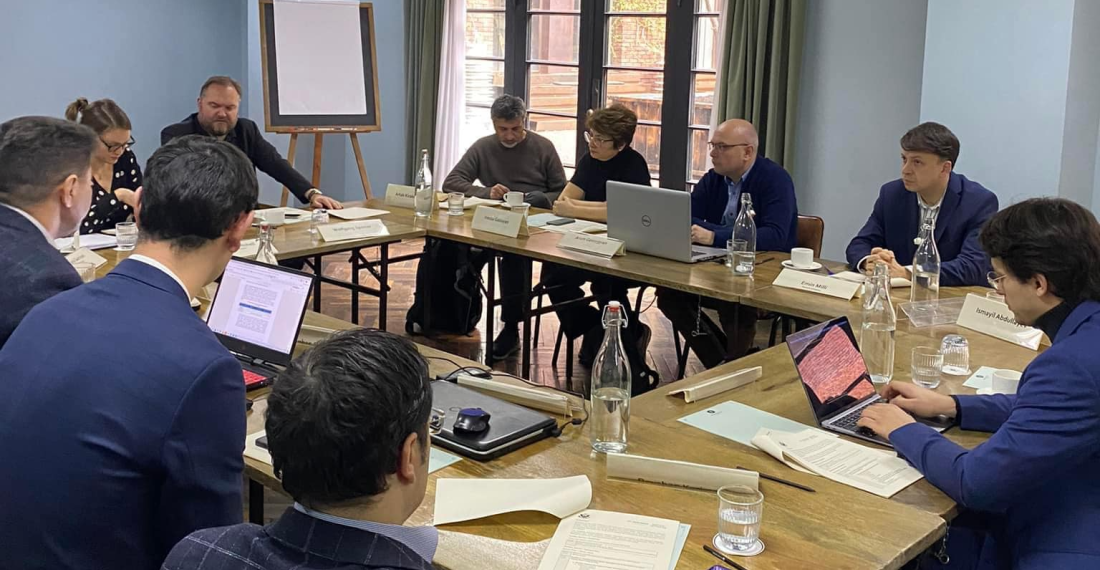An event on water dialogue between Armenian and Azerbaijani experts is taking place today in Tbilisi, Georgia, on Monday (6 March).
In a Facebook post, Emin Milli, the Founder and Chairman of Restart Initiative and the Co-Founder of Daha Yaxşı, Restart Initiative's media project, revealed that the focus of the meeting is to establish what are the key challenges to Internal Water Resources Management at the bilateral transboundary basin level, and to explore potential areas of mutual interest and cooperation between Armenia and Azerbaijan.
It is the third dialogue in the "Economic Connectivity: Armenia-Azerbaijan Dialogue Series" organised by the Restart Initiative in cooperation with the Hertie School, and sponsored by the United States of America.
"We all will be losers if we don't cooperate"
There will be a series of interviews with the participants of the dialogue published by Daha Yaxşı both this and next week, Milli announced.
In today's meeting, one of the participants said, "we all will be losers if we don’t cooperate."
According to their website, the Restart Initiative is a non-profit organisation for building connections for economic and social development in Azerbaijan and the South Caucasus, "to identify opportunities for constructive engagement in the region".
The Hertie School is a private university in Berlin specialising in government, business, and civil society.







